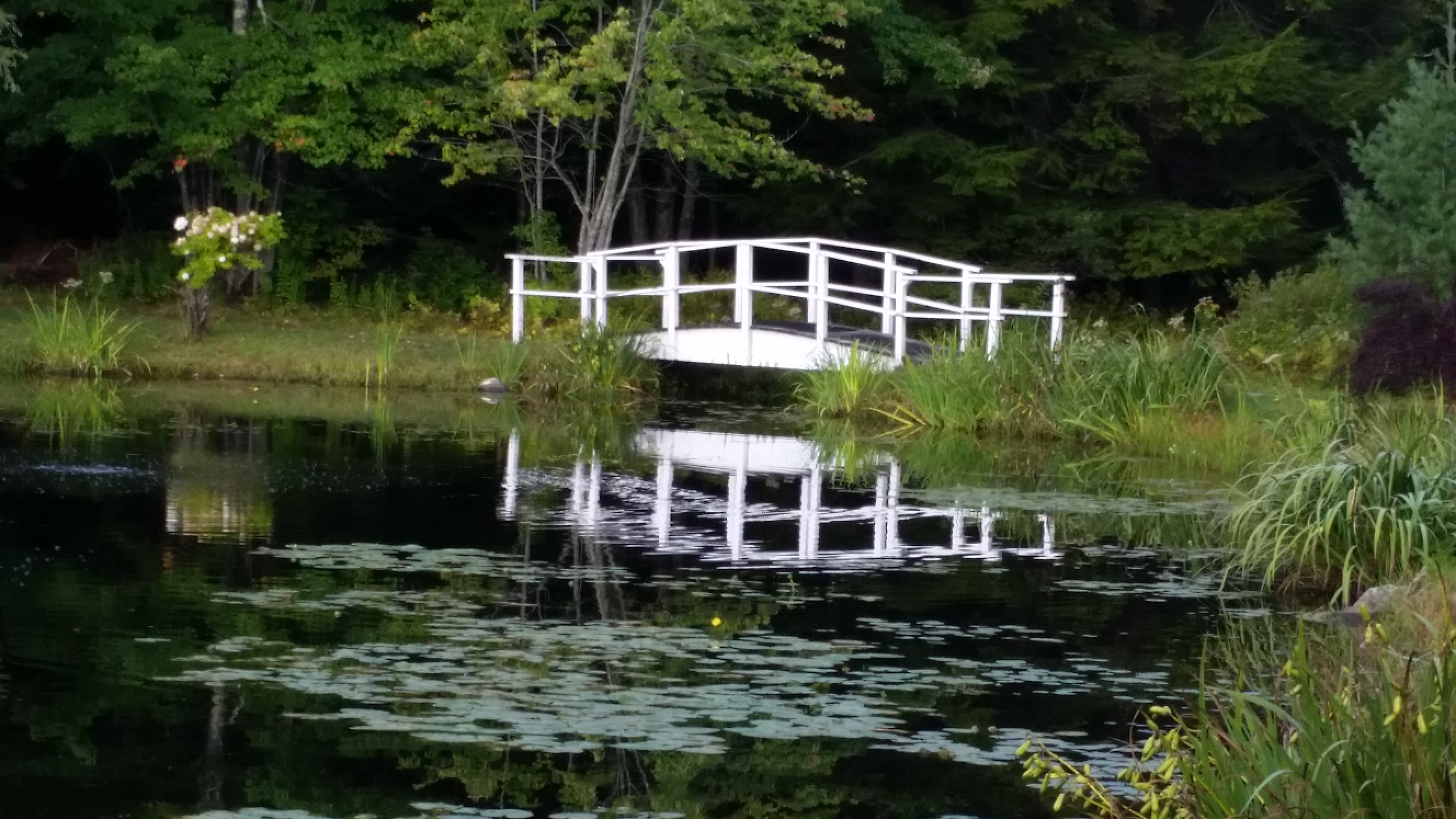
Heartwings Love Notes 2020 Self Care Matters
Heartwings says, “Caring for yourself is as important as caring for others.”
When I was very young, because I was taught by my needs to eat and sleep, I learned a way to care for myself. Then I learned to care for a pet, and even my stuffed toys and dolls by putting them to bed or picking them up. My caring became increasingly focused outward. There were relatives, friends, people who worked for me, and others to whom I, as their relationships to me evolved in my life, brought various degrees of caring. In a lesser way I also learned to care for a home and a garden.
I moved from single to married and became a parent. Eventually I had five children to care for and spent my time caring for them and for their father. The period of being a parent has no real end, but it changes as time goes on and the children became independent. I continued to care for friends and relations, and my satisfaction with my life and what I did grew to become a chief source of my pleasure and happiness. It feels good to do for others, and like many if not most I was taught to do this from the time I was young.
What I have recently realized is that in all the situations I have mentioned, my caring was directed to someone or even something outside myself. I was taught to put others first, take the smallest piece of cake, show others I cared about them by caring for them. However, as a result of my current physical condition, I have had to devote more and more time to caring for myself. I even frequently have to ask for help from others—usually my kind husband, for help with things I can no longer do myself.
I’ve also learned I need to be much more patient with my inabilities. When I was growing up, I was taught to be strong, not to complain, and to be almost fiercely independent. None of these attitudes serves me now. Quite the contrary. If I don’t ask, or even complain, no one will know what I need. When I need help, I must speak up. This means admitting to an inadequacy, something I never used to like doing, and still at times find it difficult to do.
I have learned one way to care for myself is to ask for help when I need it. Another is to do my exercises each morning, try to get out for a walk, eat nutritiously and avoid sugar and rich food. Getting enough sleep is important too. I am learning to be patient with what I cannot accomplish, put up with piles as yet unattended—mine and Stephen’s, and allow more time to get things done. All this and more is a part of caring, with me instead of another as the recipient. Now it is my time to be happy and to feel good caring for myself.
Enjoy your caring as you offer it, but remember to give it to yourself.
Blessings and Best regards, Tasha Halpert
PS Your comments and questions are precious to me. Please chime in.
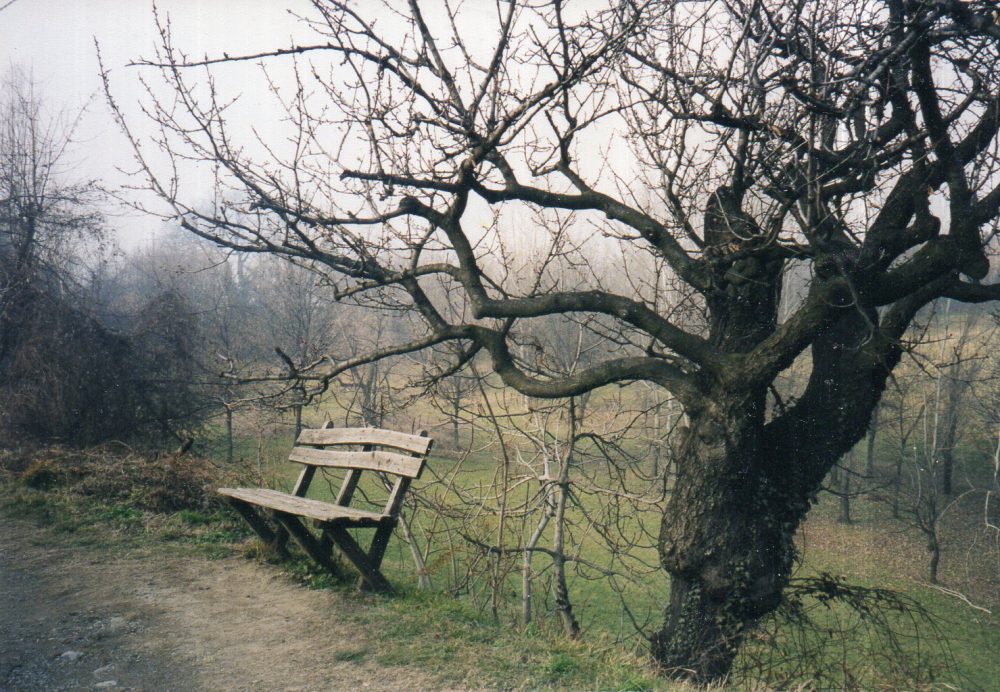
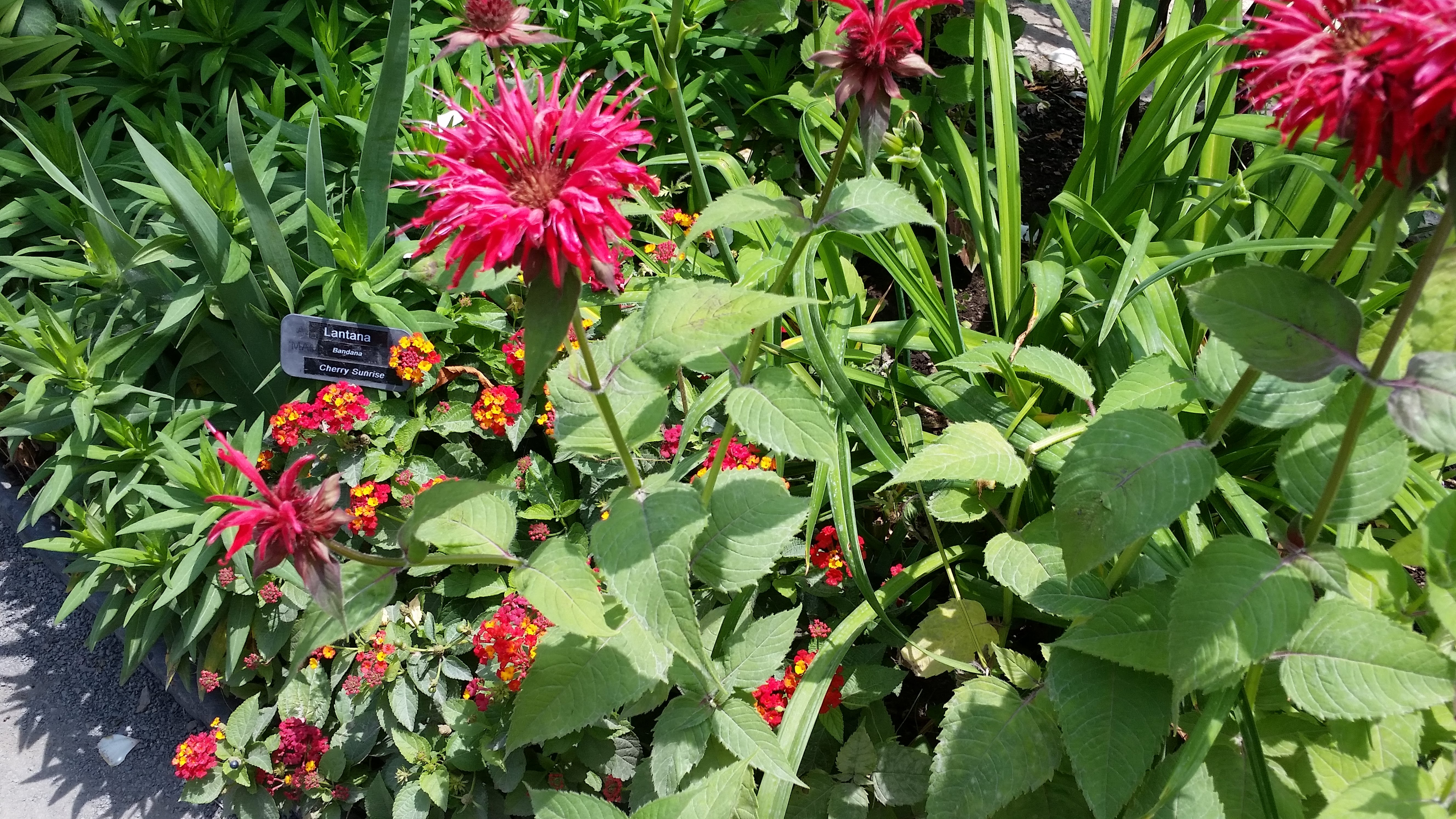 I disliked it intensely when as a child I was ill and had to stay home from school. It was no fun whatsoever. My mother did not believe in coddling sick people. She thought it would make them malinger. Perhaps she thought if I was bored I’d get better sooner and want to get back to school. She did not treat me with sympathy. My entertainment consisted of listening to soap operas on the radio and reading if I was allowed to. When I had the measles I spent days in a darkened room with nothing to do. It was said reading would damage my eyes
I disliked it intensely when as a child I was ill and had to stay home from school. It was no fun whatsoever. My mother did not believe in coddling sick people. She thought it would make them malinger. Perhaps she thought if I was bored I’d get better sooner and want to get back to school. She did not treat me with sympathy. My entertainment consisted of listening to soap operas on the radio and reading if I was allowed to. When I had the measles I spent days in a darkened room with nothing to do. It was said reading would damage my eyes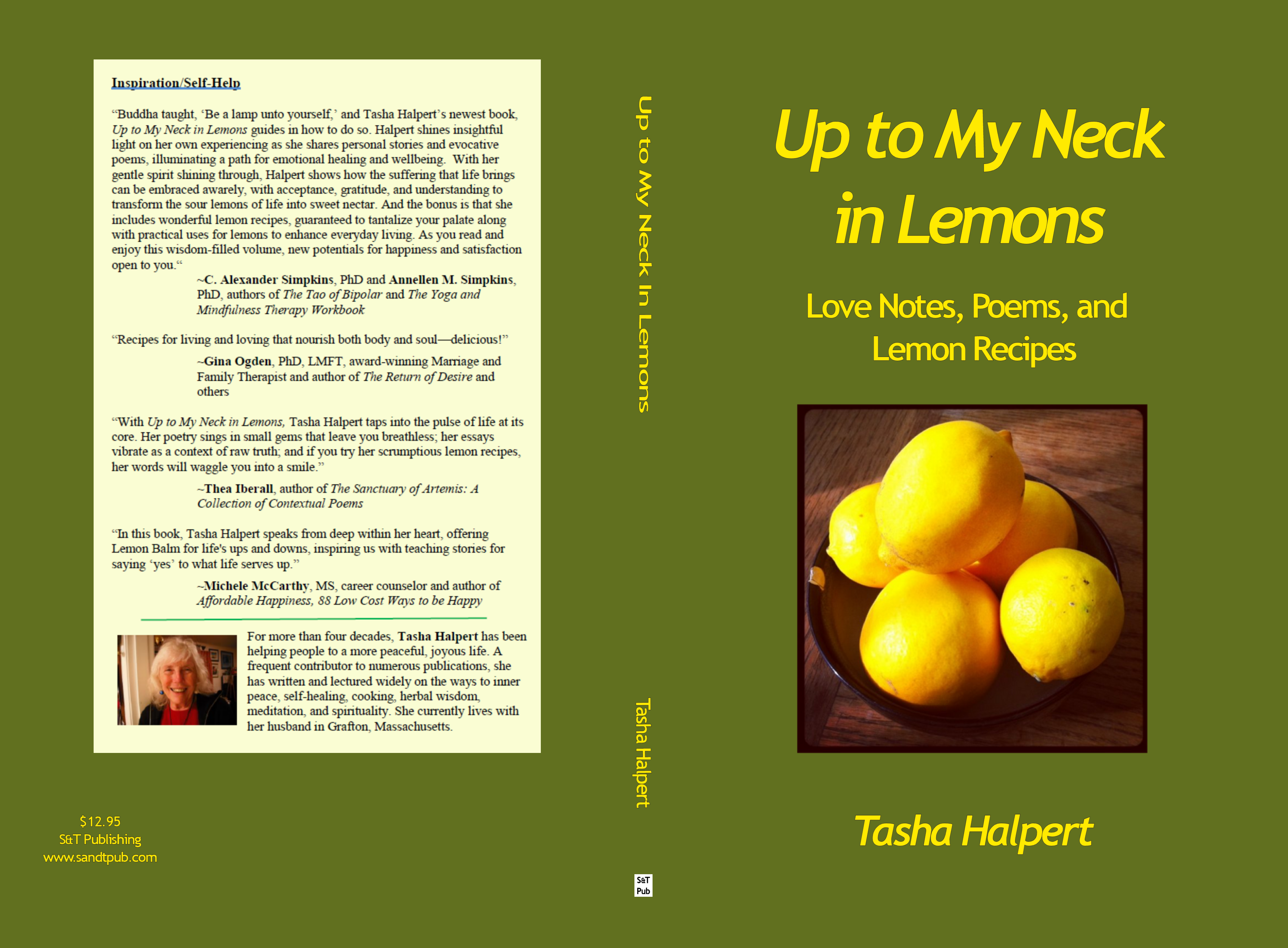 There is a wonderful song by the Kingston Trio from the 60’s I believe, about lemons. It contains a real truth concerning them: they must be sweetened to taste good. The chorus goes: “Lemon tree very pretty, and the lemon flower is sweet, but the fruit of the lemon is impossible to eat. Very true, and it is also true that lemons can do all sorts of things besides make good recipes..
There is a wonderful song by the Kingston Trio from the 60’s I believe, about lemons. It contains a real truth concerning them: they must be sweetened to taste good. The chorus goes: “Lemon tree very pretty, and the lemon flower is sweet, but the fruit of the lemon is impossible to eat. Very true, and it is also true that lemons can do all sorts of things besides make good recipes.. Of a recent Saturday, we were out and about checking the yard sales. While Stephen was perusing the items displayed there, I fell into a conversation with the person in charge. She had grown up in Grafton and spoke of how much had changed in the years she had lived here. I agreed. Although we have lived here only thirty years as of this year, we too have seen many changes. This got me to thinking about how it was then compared to how it is now.
Of a recent Saturday, we were out and about checking the yard sales. While Stephen was perusing the items displayed there, I fell into a conversation with the person in charge. She had grown up in Grafton and spoke of how much had changed in the years she had lived here. I agreed. Although we have lived here only thirty years as of this year, we too have seen many changes. This got me to thinking about how it was then compared to how it is now. While at Thanksgiving we are reminded to be grateful, that is surely not the only time to do so. it is vital to remember to be thankful frequently each and every day of our lives. For some time now I have begun and ended each day with this little prayer: “Thank you for this day and for all my days.” As often as possible each and every day I remind myself to acknowledge my gratitude for any good experience and even those that might not have been so good, because of the knowledge gained.
While at Thanksgiving we are reminded to be grateful, that is surely not the only time to do so. it is vital to remember to be thankful frequently each and every day of our lives. For some time now I have begun and ended each day with this little prayer: “Thank you for this day and for all my days.” As often as possible each and every day I remind myself to acknowledge my gratitude for any good experience and even those that might not have been so good, because of the knowledge gained.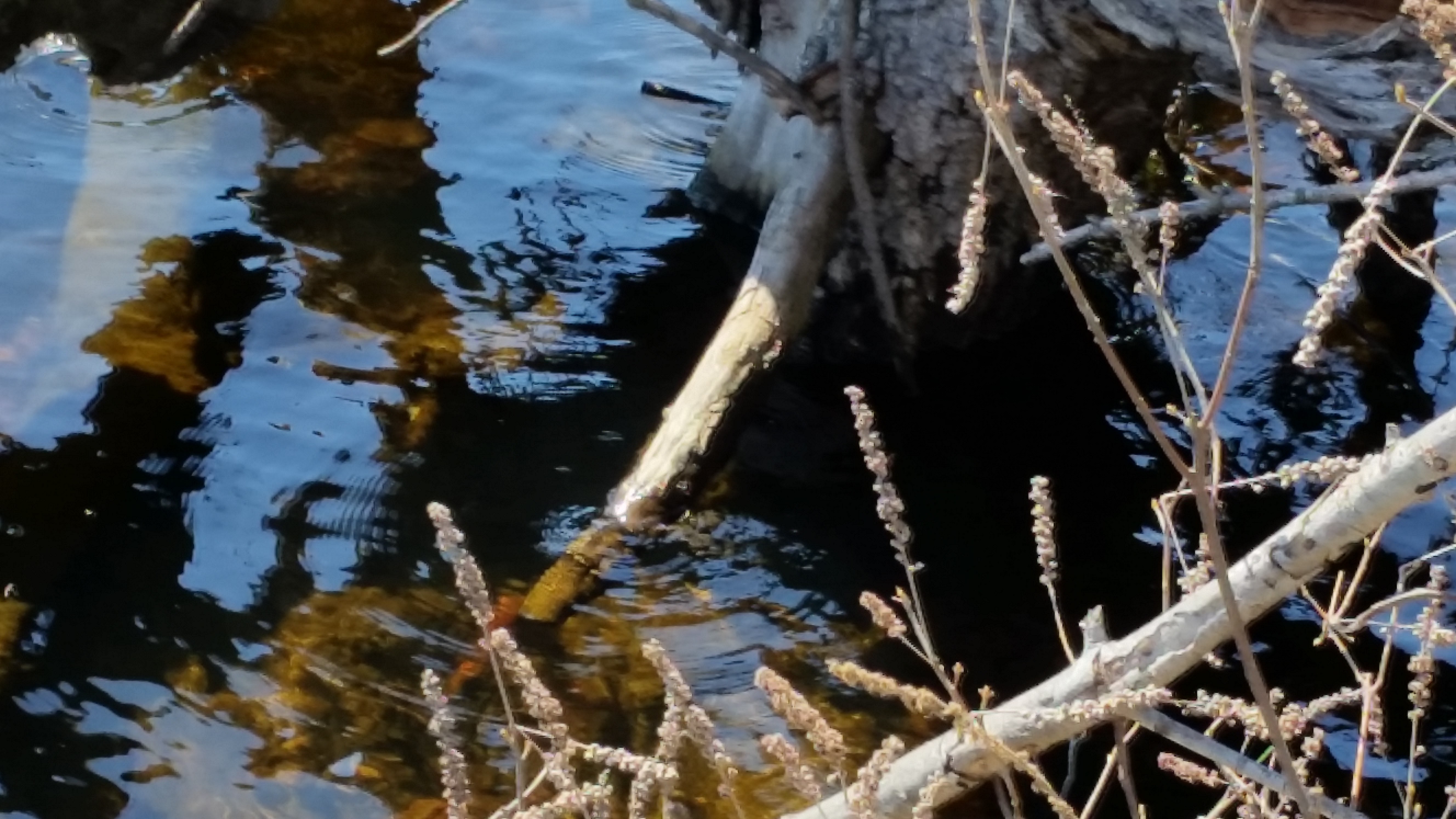 Someone once said, “Point a finger at someone else and you will be pointing four at yourself.” That is what we do when we judge someone else. However this is exquisitely easy to do. In fact, most of us do it all the time. For instance, how many of us who need to lose a few pounds look at an overweight person and say silently, “How could he or she get so out of shape?” I know I used to be guilty of that. Now my thought is, “Oh that poor person, how difficult it must be for him or her.”
Someone once said, “Point a finger at someone else and you will be pointing four at yourself.” That is what we do when we judge someone else. However this is exquisitely easy to do. In fact, most of us do it all the time. For instance, how many of us who need to lose a few pounds look at an overweight person and say silently, “How could he or she get so out of shape?” I know I used to be guilty of that. Now my thought is, “Oh that poor person, how difficult it must be for him or her.”
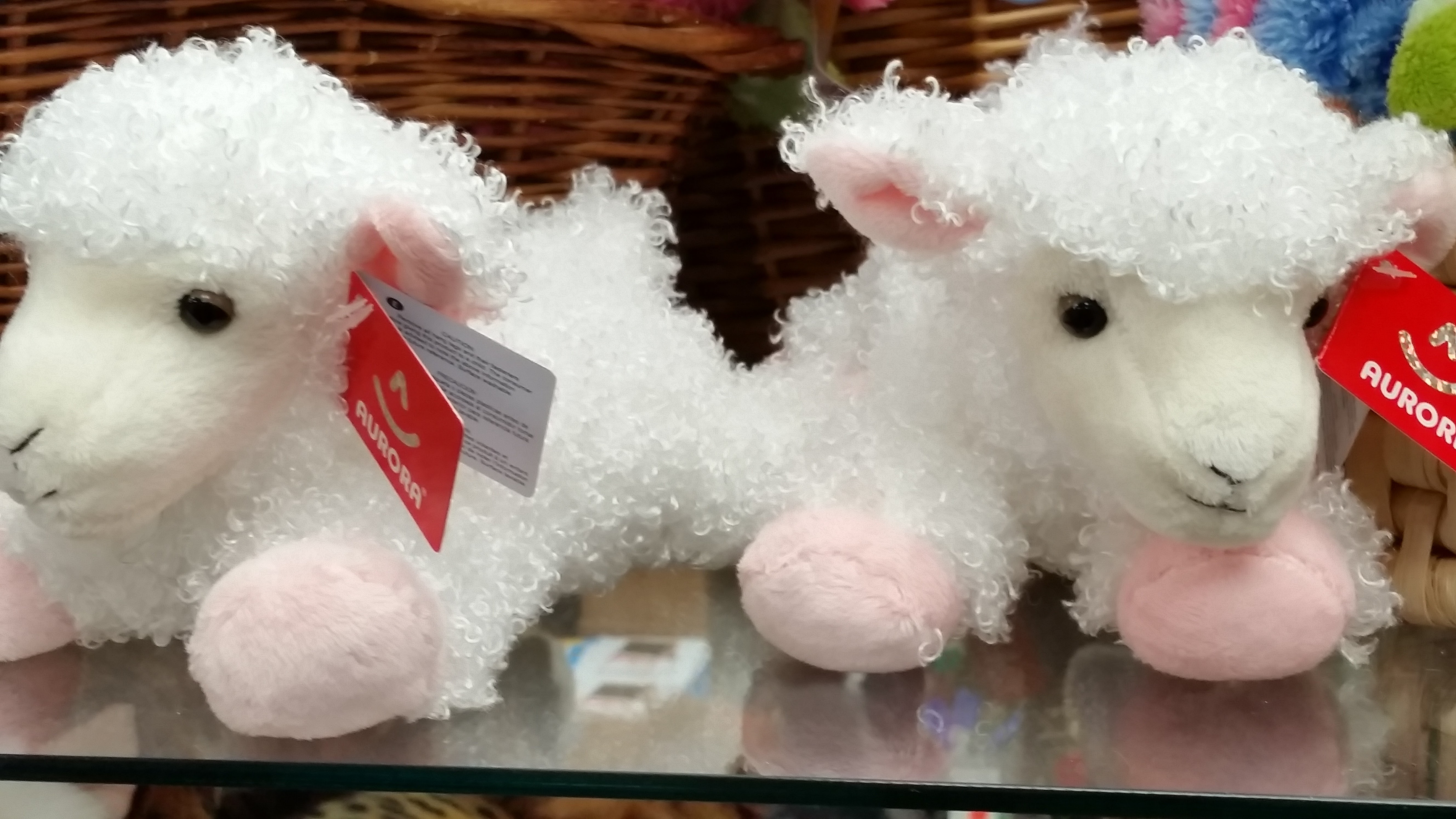 It was the custom in my family when I was growing up to invite a non family member to the holiday dinners held at the home of my grandmother or my Great Aunt Alice, so that there wouldn’t be any “rows” as they were called…what could be termed family arguments. People were more likely to be on their best behavior with a relative stranger or at least a distant relative in their midst. The family I grew up in was rather vociferous.
It was the custom in my family when I was growing up to invite a non family member to the holiday dinners held at the home of my grandmother or my Great Aunt Alice, so that there wouldn’t be any “rows” as they were called…what could be termed family arguments. People were more likely to be on their best behavior with a relative stranger or at least a distant relative in their midst. The family I grew up in was rather vociferous.